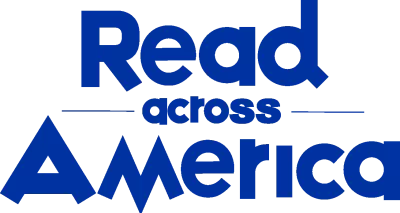Share this book
Author Renée Watson has written that “what I want most from the publication of Black Girl You Are Atlas is the exchange of stories. I hope folks write their own poems using prompts from the collection—what did they learn at seven, sixteen, seventeen? Who do they want to write an ode for—their sister? Their brother? An icon? What headline in the news haunts them? What is the meaning of their name? Rather written as poems, short stories, or visual collage, the greatest complement to my art is having people respond by making their own.”
Have students take Renée Watson’s invitation and develop their own poems, using a specific poem from Black Girl You Are Atlas as a prompt. Encourage them to use whatever poetic form suits their words best but to consider trying a form they haven’t experimented with before, such as haiku, etheree, elegy, pantoum, prose poem, free verse, or tanka to express their experiences and feelings. Students may also be inspired to create their own artwork for their poems.
When students have completed their poems, offer opportunities for students to share their poems by reading them aloud, letting you read them aloud, or compiling them for students to read. Have students form small groups to have conversations about what’s been shared and experienced in these works of art and what it means to them to have shared.
Questions for Discussion or Reflective Writing
- What overarching themes were present in the poems? How do these poems explore the intersection of race, class, and gender?
- Were there poems that particularly stood out to you? What made those works resonate with you? Explain what you took away from reading this collection.
- How did this collection of poems make you reflect on experiences in your own life and your relationships with family and the people that helped shape who you are?
- How did the use of different poetic forms impact the range of emotions you experienced while reading this collection? How did Ekua Holmes' art help bring the text to life? How does the art do its own storytelling?
Related Resources
An Educator’s Guide to Renee Watson’s Black Girl You Are Atlas from Penguin Young Readers
Black Girl You Are Atlas: A Tribute to Enduring Sisterhood, a guest post by Renée Watson from Teen Librarian Toolbox
Author Chat
Renée Watson talks about her early memories of poetry and how she sees poetry as a conversation.
More Titles to Try
Join Our Movement



